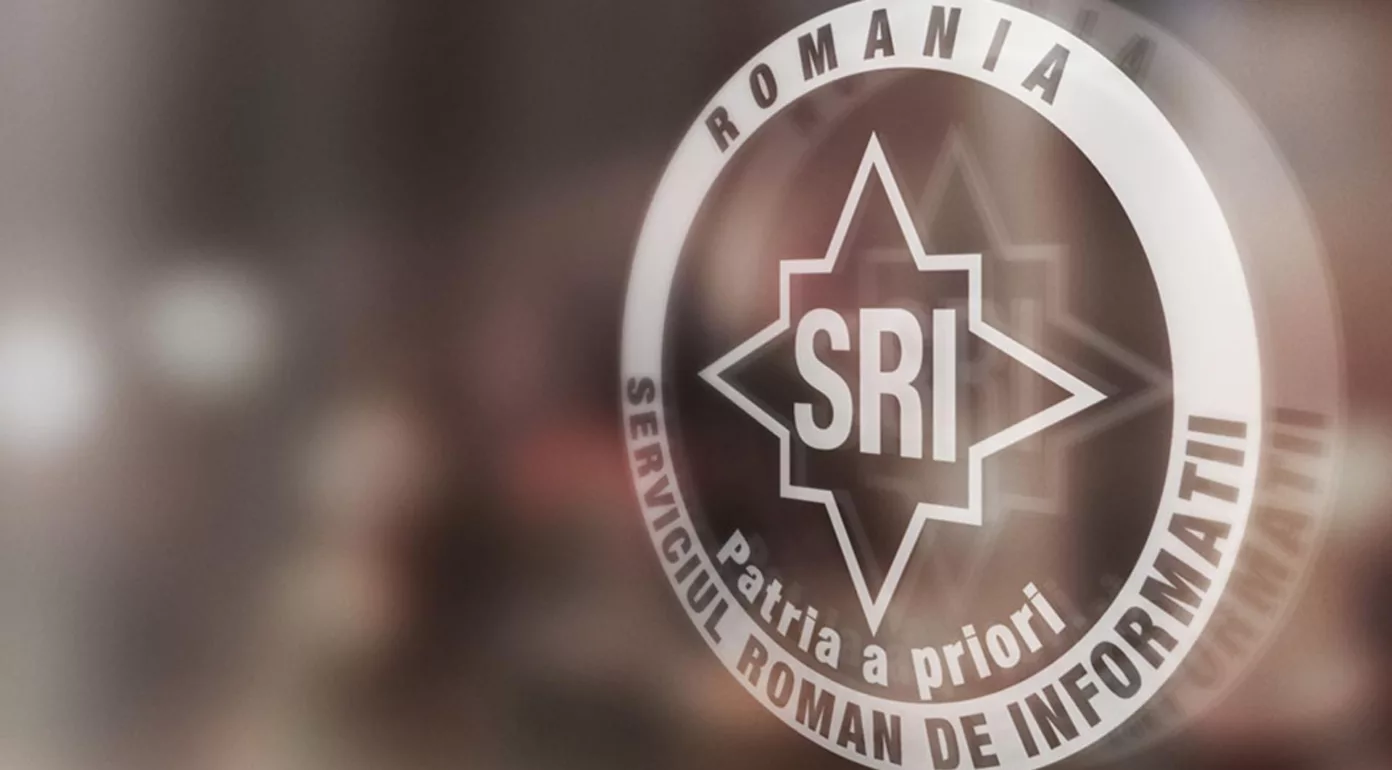In its macroeconomic quarterly report, Unicredit expect the Romanian economy to grow by 2.7% in 2024 and by 1.9% in 2025, with the government tightening fiscal policy only after this year’s elections.
“Domestic demand will drive growth this year, with exports likely to play a more important role in 2025. We expect inflation to miss the target in 2024-25, with the NBR cutting rates to 6% in 2024 and 4.5% in 2025, even if taxes are increased next year to reduce the budget deficit. We see EUR-RON moving to 5.00-5.10 only in 2025. The governing coalition will run on a common list for the European Parliament elections but not in all local elections, both are scheduled for 9 June,” the bank said.
Unicredit scenario is that, despite the busy electoral schedule, the future government is most likely to include the PSD and the PNL, which are currently polling at 28-30% and 15-25%, respectively, which will prompt a simple majority.
“The current PSD-PNL government intends to postpone the fiscal adjustment to 2025, until after elections. Finance Minister Marcel Boloș has ruled out any tax increases in 2024, despite the 2M24 cash budget deficit being estimated at around RON 29bn (1.7% of GDP), the highest on record. We expect Romania to run a budget deficit of around 6.3% of GDP this year. We do not believe that tax collection will improve in 2024, while windfall tax revenues and profit transfers from energy companies will fall compared to 2023 as prices declined in Europe. Election-related spending, transfers to local authorities, and wage and pension increases will increase budget expenditure”, Unicredit further notes.
“We continue to expect a mix of measures, including higher taxes on income, profit, property, commodities and VAT. A large tax package could push the budget deficit to around 4.7% of GDP in 2025 if it is implemented from January. If the package is postponed to July 2025, then the budget deficit would exceed 5.5% of GDP next year. As always, we expect politicians to opt for higher tax rates, rather than focusing on improving tax collection. The main reasons being expediency and limited institutional capacity,” the bank added.
Unicredit forecast a GDP growth at 2.7% this year in Romania, with 2.5% seen as boosting reelection chances for incumbents. In our view, the main growth drivers will be loose fiscal policy, fast real-income growth, investment in infrastructure and stronger foreign demand in 2H24.
“The latter factor poses the biggest threat to our forecast. We expect private consumption to remain robust as impeding tax increases almost absent from the media. Construction will benefit from cheaper loans and larger transfers from the EU, while capex might rebound if exports to the eurozone accelerate. In contrast, we forecast GDP growth at just 1.9% in 2025, as private consumption could grow by just 1.3% due to a raft of tax increases. Depending on the structure of fiscal measures, private construction and services might be affected as well.
We expect fiscal inaction to keep the structural C/A deficit above 6% of GDP in 2024, with the external shortfall fully covered by FDI, EU transfers and government borrowing from abroad. Thus, we see FX reserves rising further from all-time highs. The C/A deficit could narrow next year amid weaker domestic demand. We do not forecast inflation to return inside the target range in 2024-25. We expect headline inflation to be around 5.6% at the end of 2024 and at a similar level in 2025, with weaker domestic demand sending core inflation, excluding tax changes, inside the 1.5-3.5% target range by spring 2025. We forecast core inflation to remain stickier than in the rest of the region in 2024″.
As for the central bank, Unicredit expect the NBR to start cutting the policy rate in May, bringing it to 6% by the end of 2024. “These cuts will lock in the easing achieved through loose liquidity conditions. The effective interbank interest rate was 5.7% in February, equivalent to five rate cuts. Even if the government increases VAT next year, we expect the NBR to cut the policy rate further to 4.5%, focusing on inflation, excluding tax changes. Rate cuts would be warranted by a faster-than-expected narrowing of the output gap, if the fiscal policy tightens. We expect the NBR to pursue similar policies after a new board is elected before the summer, with Governor Mugur Isărescu likely to receive a seventh mandate. Due to the busy election schedule, the NBR might leave it until 2025 before allowing EUR-RON to move into a 5.00-5.10 range, despite the RON gaining around 15% in real- effective-exchange-rate terms since late 2019.”
The post Unicredit Quarterly Report: Increasing likelihood of tax hikes in 2025 appeared first on The Romania Journal.





